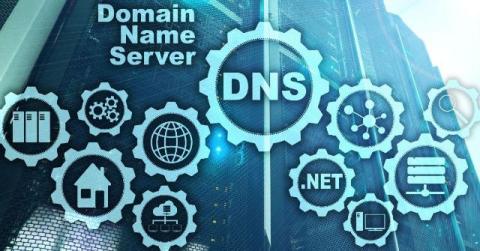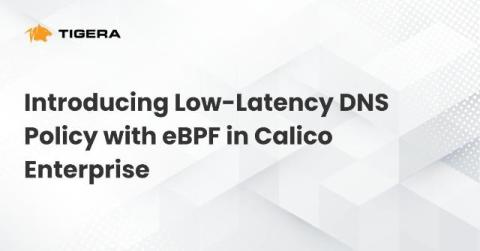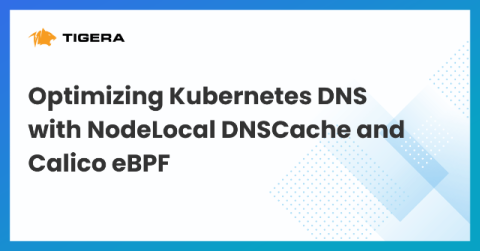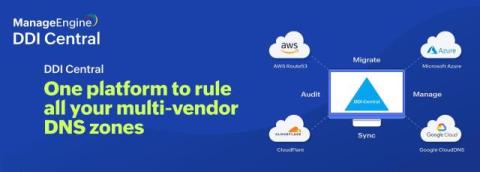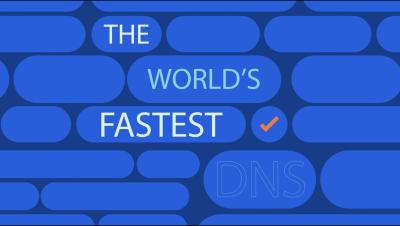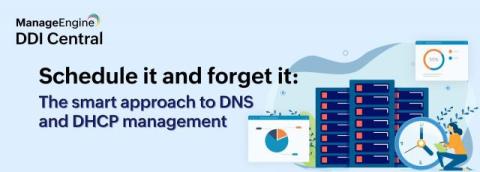How to Prevent a Subdomain Takeover in Your Organization
When was the last time you checked DNS configurations for subdomains pointing at services not in use? According to Crowdsource ethical hacker Thomas Chauchefoin, while expired and forgotten subdomains can easily become an entry point for an attacker to steal sensitive data and launch phishing campaigns, having the right tool in place can keep them at bay.



